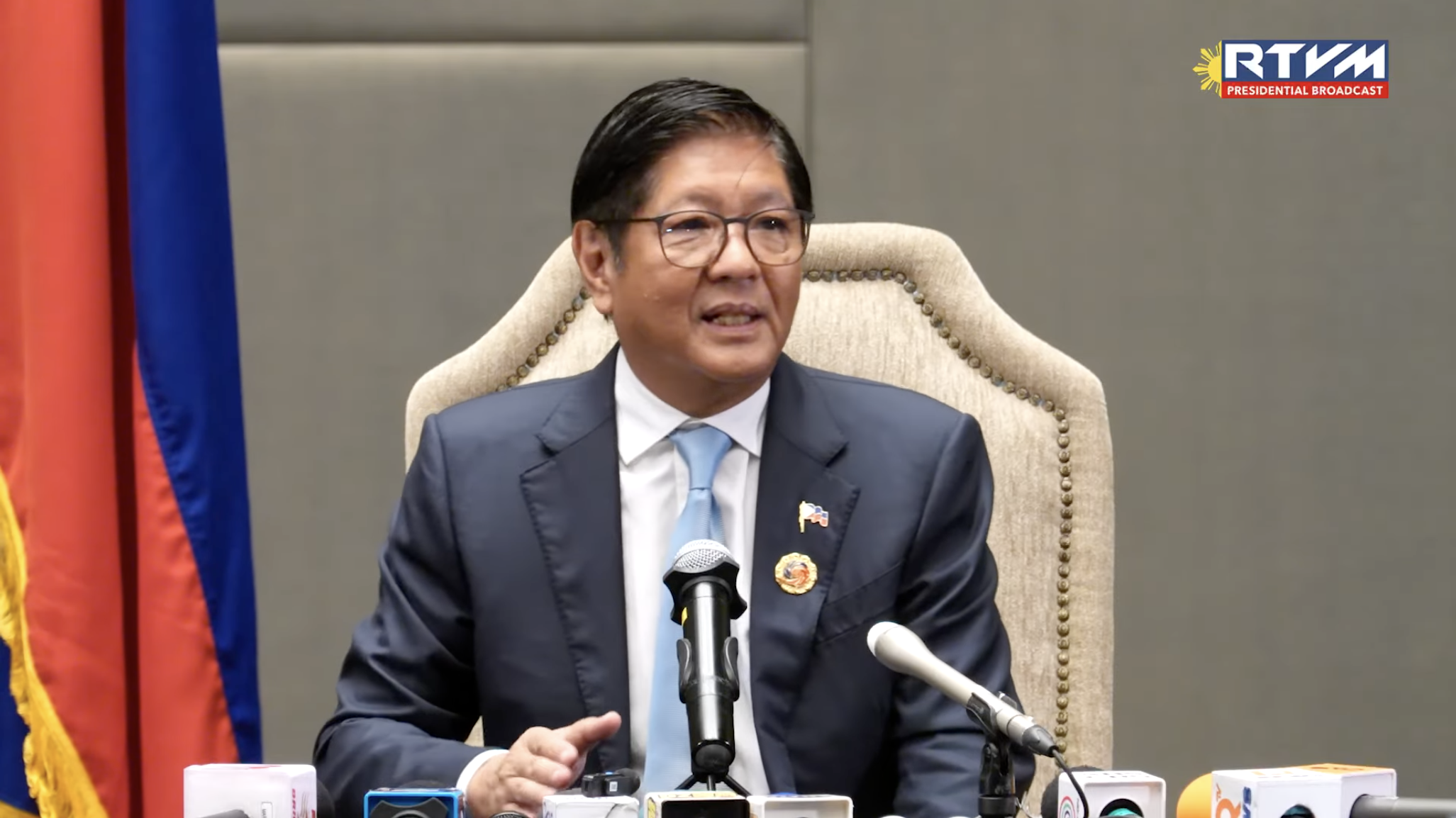
By Joyce Ann L. Rocamora | Philippine News Agency
The Association of Southeast Asian Nations (ASEAN) is not sending an observer to the Myanmar elections in December, President Ferdinand R. Marcos Jr. confirmed Tuesday night.
Speaking to the press after capping his participation in the 47th ASEAN Summit and Related Summits here, Marcos said the issue of deploying a monitoring team had been discussed carefully during talks in the high-level gathering.
“I think what’s happened is ASEAN is leaving it to each country to decide on their own. ASEAN will not take a common position. Because in our discussions, everyone has a different idea,” he said.
“So, we will have to decide for the Philippines what it is that we think we should do. We will watch other countries to see what they should do.”
Marcos said he is optimistic that the countries could still come to a consensus as to what to do by Dec. 28 when the election is scheduled.
But he did not specify whether the Philippines is deliberating on whether to send its own observer or if it will align with the bloc’s stance.
“It would be much preferable if ASEAN moved as one,” he said.
The chief executive shared that there are differences in opinion among the ASEAN member states, “but the differences are not enormous.”
“I think that if we talk about it some more, we will find a common ground as to what to do. What that is, I cannot predict,” he said.
Myanmar was plunged into turmoil when the military staged a coup and ousted the democratic government in February 2021.
During the 15th ASEAN-United Nations Summit on Oct. 27, UN Secretary-General Antonio Guterres said he is “appalled by the deplorable situation” in Myanmar, noting that the military takeover has “piled calamity upon calamity” in the country.
“Villages bombed or burned. Thousands killed. Millions displaced. Regional stability at risk. A military attacking the civilians it’s meant to protect. And now the spectre of elections within an active conflict,” he said.
The UN leader said the cycle of impunity must end as he reiterated his call for an immediate end to the violence.
He said there is a need for “genuine commitment to inclusive dialogue” and “a credible path back to civilian rule—starting with the swift release of all those arbitrarily detained.”
Meanwhile, he supported the ASEAN Five-Point Consensus, which calls for an immediate end to violence, dialogue among all parties, and humanitarian assistance by ASEAN, among others.
